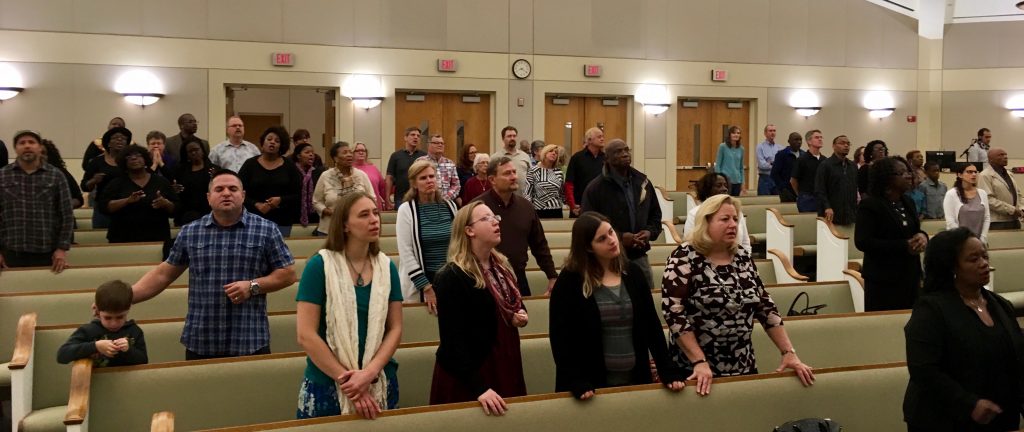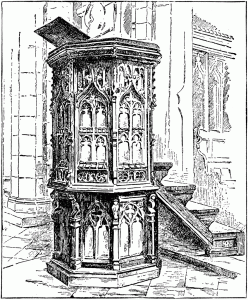Christ’s church in this world is fragmented, divided, contentious, and marginalized.
And then, it’s not.
I meet with a group of pastors from Oviedo (currently all men, which is a reflection of our community and not policy) the first Wednesday of every month for breakfast. We purposely have no agenda and we are discouraged from discussing our programs and plans.
We just eat. We share a meal together and that is it.
Conversation is organic and may include talk of church just as much as it may focus on family or sports. We are just guys eating breakfast. I wish I could export this simple vision to more program oriented pastors in other cities who are trying to unite their churches.
But program oriented pastors come and typically don’t come back, which is sad. “You don’t DO anything,” is the charge, and it is an accurate one. We don’t. And it is in the not doing that there is value.
We are, in a weird way, competitors. We are each pastoring churches we want to see grow. And yet, something is happening when we sit over bacon and eggs and that weird Spanish oatmeal that some were eating (or drinking?) last time. What is happening is that we are becoming friends. We are drawing close to one another and coming to love one another. That kind of thing can happen when you work hard at not doing anything. And when you eat together.
We do nothing so that when we do something, we can do so as friends.

Once each year, we plan and host a community Thanksgiving service, which we did this past Tuesday night. Gathered in the chapel of Reformed Theological Seminary were over 200 Christians from churches in Oviedo. Mingling and worshiping side by side were those whom a pollster would delight in slicing into pet categories: white, black, Latino, independent, Presbyterian, Episcopal, old, young, exuberant, staid, and on and on. It smelled like heaven, and it was beautiful.
As I looked out over those gathered, I did not know 99% of them, but I loved them. I loved them because I love those who lead them. A unity among these Christians was being forged as their pastors did nothing together once/month, a nothing that becomes a significant something.
It may sound trite for me to say, on this November 24, 2016, this fourth Thursday in November, but I’m thankful for the church. But I am.
I’m thankful, certainly, for my precious local congregation which has loved me so deeply this past year. But my thanks is deeper. I’m thankful for the Church, the bigger expression of it, against which the gates of hell will never prevail, through which the kingdom of heaven is brought near to a broken world.
I got to glimpse a picture of that this past Tuesday night. I’m thankful I get to enjoy a taste of it every month. Over sausage and pancakes.

 But here is the dilemma for preachers and the church. No one should be able to visit our churches without finding the comfort of the gospel. Everything we do should be infused with a message of grace. We should be defined by the gospel we preach, not by the political platform we support.
But here is the dilemma for preachers and the church. No one should be able to visit our churches without finding the comfort of the gospel. Everything we do should be infused with a message of grace. We should be defined by the gospel we preach, not by the political platform we support.